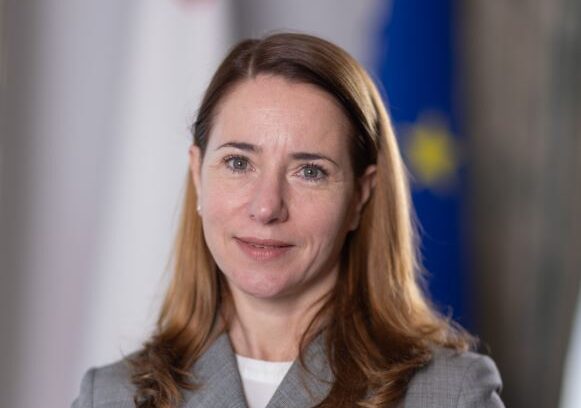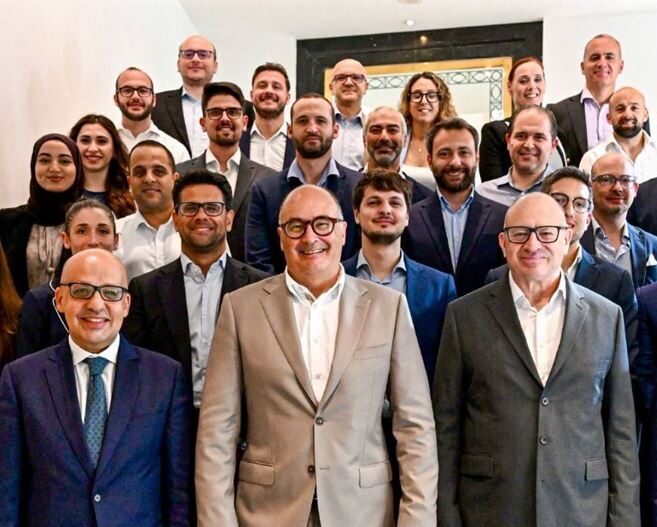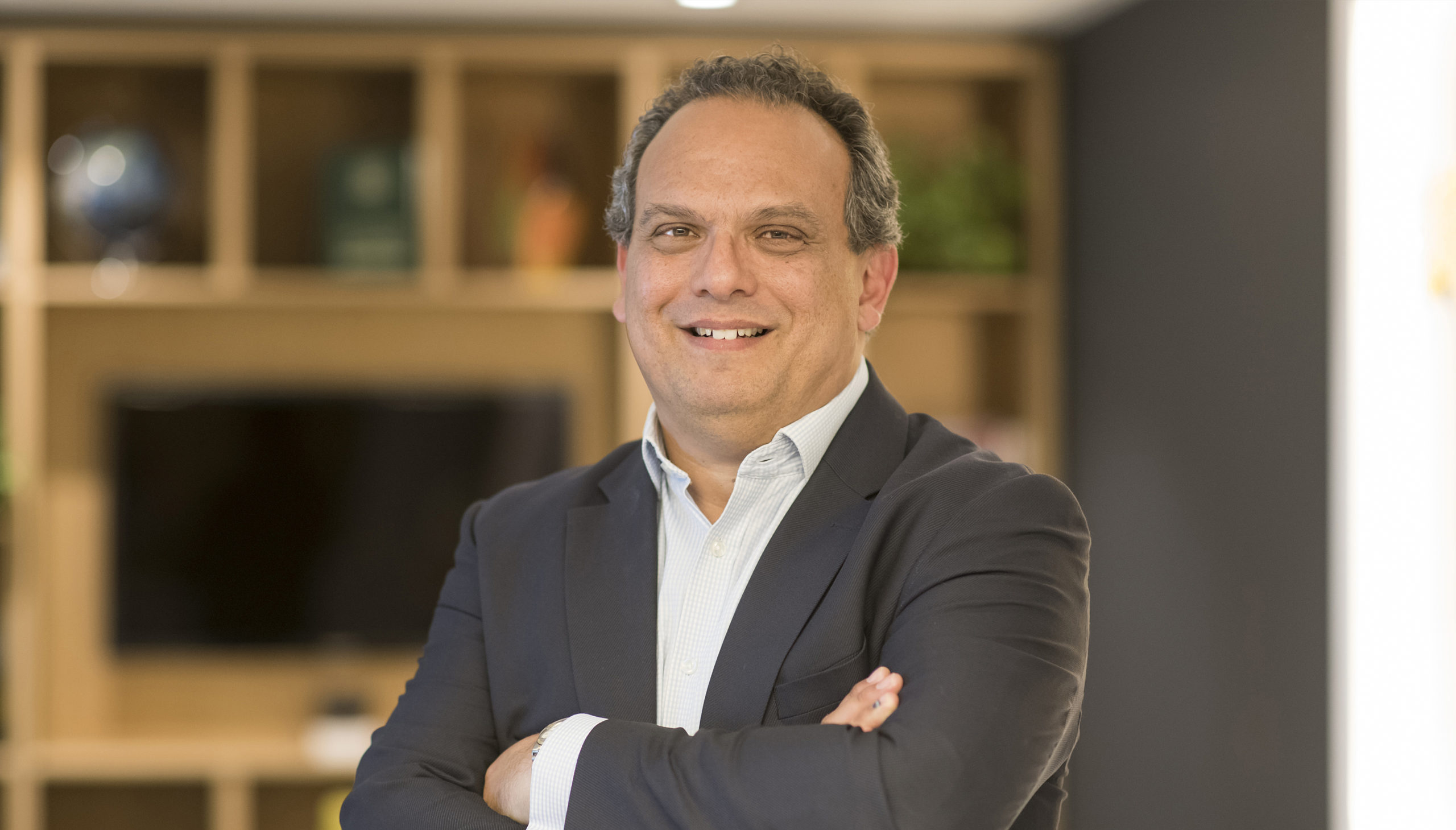Even before the outbreak of COVID-19 in March 2020, the jobs market for the iGaming sector was beginning to face an uphill battle. Property prices for expats relocating to Malta were becoming out of reach for many, the controversies surrounding Moneyval put Malta as a jurisdiction in an increasingly unpleasant light, and then, of course, a global pandemic threw all businesses into a state of perpetual uncertainty – at least at the beginning.
Although many industries continue to combat the challenges posed by the pandemic and the sudden greylisting of Malta by the Financial Action Task Force (FATF), the iGaming sector appears to have bounced back fairly swiftly and smoothly. As early as last year, many operators noticed a spike in businesses, which has been largely credited to the increased amount of time people have spent indoors, leading companies to recruit more staff to keep up with demand.
George Tabone, Head of Service Delivery at recruitment firm Konnekt, says the recruitment market in iGaming is indeed picking up, but 2020 wasn’t without its obstacles for the sector.
“Undoubtedly, 2020 was an unprecedentedly challenging year, yet it was an eye-opener on various fronts especially when it comes to recruitment. We found ourselves in a people-oriented business, meeting candidates and clients face-to-face daily, and being told to try and recreate this dynamic in an online setting,” says Mr Tabone. He asserts that while technology was the company’s saving grace, the team had to come to terms with taking its most cherished relationships online, in a virtual setting.
Speaking about the iGaming recruitment market, Mr Tabone asserts that it is now picking up after a slight dip during 2020. “The online world has given a different dimension to the recruitment needs of the sector, which has now become more data-driven,” he explains.
“We are seeing an increased demand for high-quality candidates with diverse data-led skillsets. Moneyval was also a catalyst for many iGaming companies to heavily invest in more robust compliance and Anti-Money Laundering (AML) teams, and this has been reflected in the recruitment requests.”

The agility and ability of businesses to adapt quickly to the situations around them have helped businesses turn things around, Mr Tabone asserts, adding that, compared to 2020, there is an increase in interesting vacancies across all industries, a result he attributes to different efforts from various fronts.
“Usually, such a surge in job vacancies is a sign of a very healthy economy, whereas now, it is more a sign of an economy moving out of lockdown. COVID is still around and will continue to be,” says Mr Tabone. “One needs to learn how to adapt to working with and not against it. Businesses have taken measures, at times drastic ones, that safeguarded the company and their employees. Reaping the fruit of such measures will definitely be the next step forward.”
Reflecting on Malta’s unemployment rate, Mr Tabone says that the situation locally compares well to that of larger economies, sharing that, according to National Statistics Office figures published this year, the unemployment rate in Malta averaged 4.4 per cent in January 2021 compared to 3.4 per cent in January 2020.
“Furthermore, Malta’s consistent healthy economic growth over the past decade has put the country in an advantageous position for Government to intervene. Businesses are also taking a more positive yet cautious approach to growth,” he asserts. “It looks like the economy will start recuperating from a 7 per cent downfall in 2020 to a forecasted 4.6 per cent growth for Malta in 2021, which is slightly above the Eurozone average, and 6.1 per cent in 2022 according to EU Commission forecasts.”
While the iGaming sector has experienced setbacks since the start of the pandemic, in general, Mr Tabone says that, given the nature of the industry, its profit margins and its robust online presence, most companies moved to remote working ensuring a smooth change in operations, while the fact that more people were spending time at home meant that more players signed up to play, which in turn provided operators with an increase in revenues.
“The Work From Home (WFH) realities will possibly pose more challenges to recruiters while shortlisting candidates. Although technical requirements will always be of utmost priority, there are other soft skills requirements that will be as important since employees will be working with the team virtually,” he asserts, highlighting skills such as teamwork, adaptability, communication and collaboration.
“Moreover, companies will now have to adopt new benefits aligned with WFH realities, such as contribution costs, childcare cost support and increased flexibility,” says Mr Tabone. “As companies recruit and retain people from new talent pools with new skillsets, realigning company culture to adhere to the needs of candidates has become extremely important.”
On behalf of recruitment company Scandistaff Limited, which is specialised in the iGaming and FinTech sectors, Chief Executive Officer, Carl-Henrik Larneryd, believes that the biggest challenge for the iGaming industry, and many others, was making the shift from the office to having, more or less, an entire workforce working remotely.

“I believe that most companies managed this very well and the most exciting thing about this, in my opinion, is the insights and facts it has brought us. Do we need to work from the office every day? Did the transition from office to home improve or decline productivity? Are there possibilities to offer more appealing employment and at the same time reduce costs? How will employees feel about returning to the office after getting used to working from the comfort of their home?”
Mr Larneryd says different people will offer different answers, “but I am rather confident that quite a large number of people would like to continue working from home a few days a week – and employers who cater for that will have an advantage in employer branding and staff retention.”
The CEO continues that an undoubtedly negative consequence of the pandemic was the lack of conferences and arenas for people to meet, especially account managers, affiliate managers and suppliers. “The iGaming industry is very tight and requires regular meeting places to create connections and establish business deals. I believe that there is a huge demand for these conferences to resume when we are in the clear.”
Following a dip in the number of vacancies in the sector last year, Mr Larneryd says this has changed in 2021, and vacancies are now increasing, which he attributes to various factors. “For one, I think that many vacancies were on hold during a major part of 2020 as there was uncertainty on how to onboard staff remotely, and when/if the COVID situation would ease. I think we have now come to terms with it and realise that the show must go on, and we must adapt to what we have to work with. The past year clearly had a negative impact on sports betting with fewer sport events taking place, but the casino market has remained stable and, in some cases, increased.”
On this note, Mr Larneryd says that a thriving iGaming industry is positive for his company as it logically results in an increased demand for staff. “However, one should consider that increased financial results do not always mean that there needs to be more headcount. It all depends on whether the customer base has increased, VIPs are spending more, or even whether actions have been taken internally to automate and increase efficiency.”
Looking ahead, the Scandistaff CEO believes that, moving forward, employers will start to demand a higher level of professionalism from agencies, “and that the past ‘shotgun’ approach will no longer be tolerated. The industry is maturing, and the agencies that go by the old ways will need to adapt to cater for higher standards,” he asserts, adding that the recruitment industry will likely see an increase in positions in the fields of legal, compliance, and AML due to increased regulation and greater enforced gaming licence requirements.

Julian Perigo, Managing Director at specialised recruitment company Boston Link, says 2020 was an exceptional year in many ways for the iGaming industry. “Moneyval, banks de-risking, Wirecard, increased regulation, cancelled sporting events – 2020 has thrown up numerous challenges to the iGaming industry and, for many companies, COVID-19 has been the least of their worries!”
This inevitably resulted in a dip in the number of new vacancies in 2020. Mr Perigo had previously stated that during the first lockdown in 2020, there was a 25 per cent to 30 per cent decrease in the number of jobs available in the sector. However, in 2021, the situation appears to have turned a corner. “Business doesn’t like uncertainty, and the last 12 months have been full of it. From COVID-19 to Moneyval to the regulatory landscape, the picture is steadily becoming clearer, and this gives companies the confidence to crack on with their hiring plans.”
“Malta is one of the best places in the world to progress your career in the iGaming sector. COVID-19 has not changed this – iGaming companies in Malta will continue to invest in the attraction and retention of talented people,” he adds.
Sharing his thoughts on new industry developments he believes will emerge as the iGaming sector continues to evolve and mature, Mr Perigo says “it will be interesting to see how companies solve the remote/hybrid/in-office dilemma. iGaming is a social industry, and the office is a crucial part of company culture. Can companies keep their culture in the long-term through remote working systems? What is best for productivity and teamwork? We expect new trends to evolve, but it will still be important to get the fundamentals right – pay competitive salaries, create opportunities for career progression, and build the right culture.”
Editorial Note: The comments made in this article, originally published in iGaming Capital magazine, by the recruitment specialists were given prior to the FATF decision to greylist Malta.
Alison Micallef appointed CEO at Malta Development Bank
She steps into the new role effective immediately.
Impact beyond profit: CSR in Malta is a must in 2025
Nowadays, corporate social responsibility can no longer take a backseat in your business's vision.
Malta’s private equity sector urged to seize opportunities at high-level CEO seminar
Panellists highlighted Malta’s potential as a destination for private capital, citing its English-speaking workforce, regulatory accessibility, and strategic location.
Ronald Attard takes on expanded role as Managing Partner for Risk Management at EY Europe Central
He has built experience in management accounting, corporate finance, and mergers and acquisitions.









